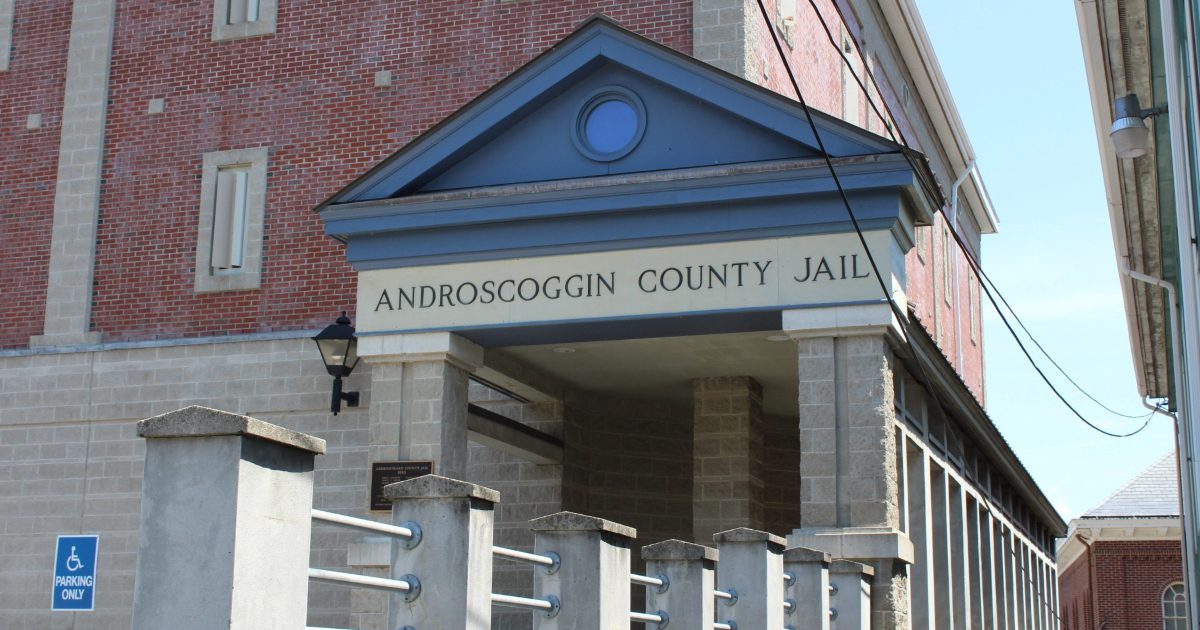A telecommunication company that recorded conversations between inmates and lawyers at Maine county jails has asked a federal court to dismiss a class action lawsuit that alleges it violated state and federal wiretapping laws.
Securus Technologies, a Texas-based company that provides telephone services for correctional facilities, asked the U.S. District Court in Bangor on Oct. 15 to throw out the lawsuit brought by three Maine defense attorneys. The attorneys allege Securus illegally recorded them speaking to clients held at the jails and released some of those conversations to prosecutors and law enforcement.
Lawyers for Securus denied that the company violated federal and state wiretapping laws in court filings late last week. The company said the recordings were made as part of routine business as government contractors.
“Under Maine law, the recordings of conversations cannot interfere with attorney-client privilege and the onus is on the person doing the recording to ensure that that doesn’t happen,” said Andy Schmidt, a workers’ right and antitrust lawyer in Portland who is representing the plaintiffs.
Securus provides inmate phone services to 13 of the 15 county jails in Maine and regularly records inmate phone calls. The interception of the attorney-client calls would have needed to be “intentional” for it to be considered wiretapping, according to court filings by Securus.
RELATED: Class-action lawsuit alleges wiretapping at Maine jails
Lawyers for Securus asked the court to strike the class action allegations. They claimed the alleged class of lawyers and inmates was “overbroad” to the point that individual issues would overwhelm the litigation.
An analysis by The Maine Monitor found that Securus recorded 161 defendants speaking with lawyers at 34 law firms between June 2019 and June 2020. This potentially compromised the confidentiality of 837 phone calls between public defense attorneys and inmates at Aroostook, Androscoggin and Franklin county jails.
The majority of county jails contracted with Securus have refused to release call records to the press or state government. The total number of compromised communications remains unknown.
Class actions are a mechanism to consolidate multiple claims into one case and make it easier for the courts, Schmidt said. Most of his legal work in the past 14 years has been in class actions.
“In a case where people don’t have a lot of power, like inmates, it’s sometimes the only viable way for people to get justice — to join together in one case as a class,” Schmidt said.
RELATED: Recording of 837 attorney-client phone calls ‘borders on the ridiculous’
Lawyers for the plaintiffs plan to fight Securus’ attempt to dismiss the case and then move into the discovery phase.
This is not the first lawsuit Securus has fought for allegedly violating wiretapping laws.
Securus reached a multi-million dollar settlement this year for recording conversations between lawyers and inmates in Kansas. A private prison and Securus agreed to pay $3.7 million into a fund to be distributed between 500 individuals who were subject to the alleged wiretapping, The Kansas City Star reported on Aug. 6. It had already agreed to pay $1.6 million to detainees. Both companies denied any wrongdoing in statements to the newspaper.
Securus also settled a lawsuit in Texas in 2016 for similar allegations of illegal call recording and distribution to prosecutors and law enforcement.
“We’re carefully tracking litigation in the rest of the country where Securus has been held to account for similar conduct,” Schmidt said.







